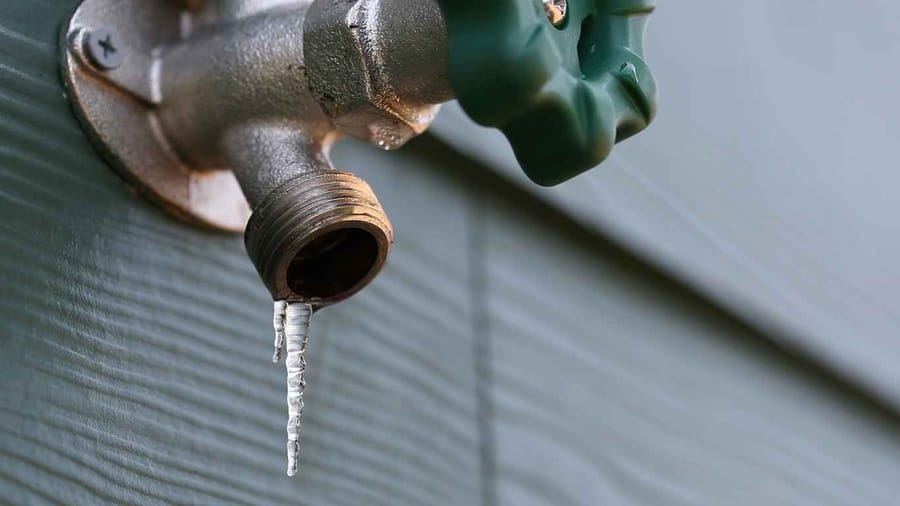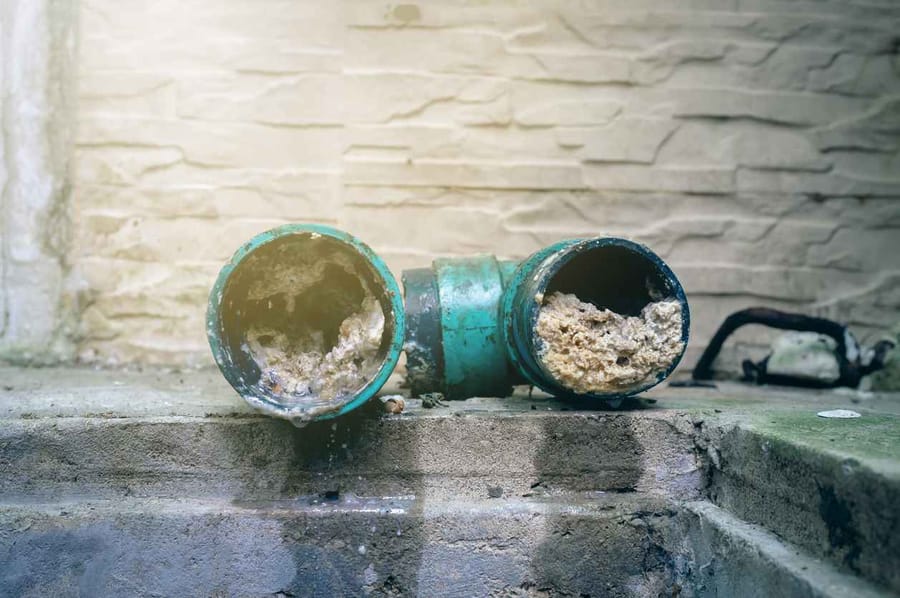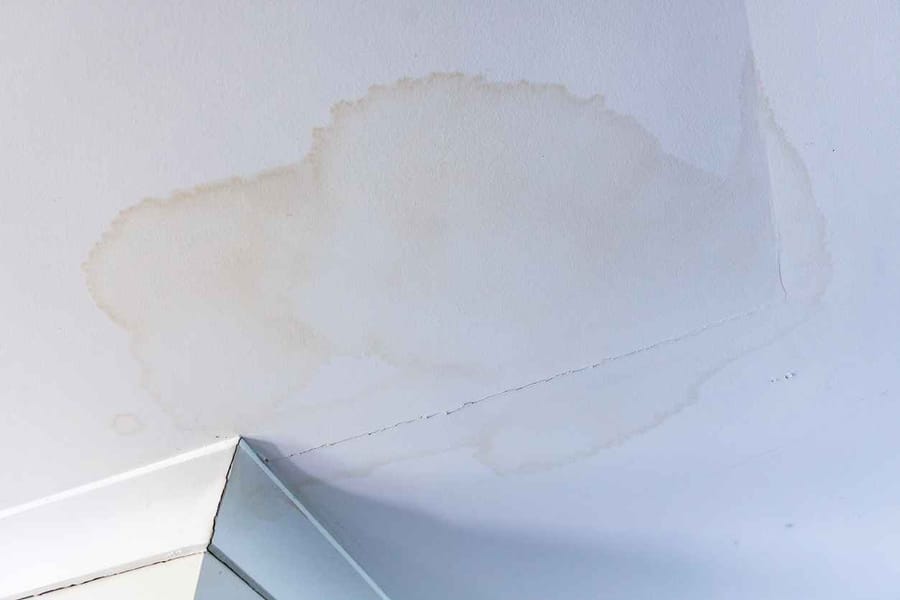
Tank vs. Tankless vs. Hybrid Water Heaters: Which One’s Right for You?
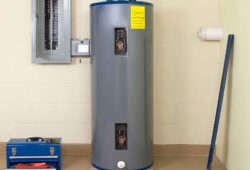
Hot water is something every household depends on, whether it is for showers, laundry, or washing dishes. Yet most homeowners don’t think about their water heater until it starts showing signs of age or fails altogether. When it comes time to replace your system, one of the biggest challenges is deciding which type of water heater is best for your home. Should you stick with the traditional tank model, invest in a tankless system, or consider a hybrid option that combines the benefits of both?
Each type of water heater has its own strengths, drawbacks, and price points, which can make the decision overwhelming. Choosing the wrong system may leave you with higher energy bills, limited hot water supply, or more maintenance than you expected. The good news is that with the right information, you can confidently pick a water heater that matches your family’s needs, budget, and long-term goals.
In this blog, we’ll compare tank, tankless, and hybrid water heaters, explain how each system works, and highlight the pros and cons to help you make the best choice for your home.
Why Choosing the Right Water Heater Matters
Your water heater is one of the hardest working appliances in your home, even though it often goes unnoticed. From morning routines to evening chores, it provides the hot water your family relies on every day. Because it uses so much energy and runs so frequently, the type of system you choose has a major impact on both comfort and household expenses.
Selecting the wrong water heater can create frustrating problems. An undersized system may run out of hot water quickly, leaving your family stuck with cold showers. An oversized or inefficient system can drive up energy bills and require more frequent maintenance. Beyond comfort, water heaters also influence long-term costs, as energy-efficient models often pay for themselves over time through lower monthly utility bills.
Making the right choice ensures a balance between performance, efficiency, and cost. When you understand how each type of water heater works, it becomes easier to match the right system to your household’s size, water usage patterns, and long-term goals.
Tank Water Heaters Overview
For decades, tank water heaters have been the standard option in most homes. These systems store a set amount of hot water—often 40 to 80 gallons—in an insulated tank, keeping it heated and ready for use throughout the day. When you turn on the tap, hot water flows from the tank, and the system refills and reheats the supply as it is used.
How Tank Water Heaters Work
The process is fairly straightforward. Cold water enters the tank, where either gas or electricity heats it to the desired temperature. The water is then stored until it is needed. Because the water is always being reheated to maintain the set temperature, these systems consume energy even when hot water is not being used.
Pros and Cons of Tank Water Heaters
One of the biggest advantages of tank water heaters is their lower upfront cost. They are widely available, familiar to most homeowners, and can provide a steady supply of hot water for typical household use. For families with predictable water use, they can be a dependable choice.
However, tank water heaters also come with drawbacks. Once the stored hot water is used up, it takes time for the tank to refill and reheat, which can leave larger families without enough hot water. They are also less energy efficient since they constantly heat water, even when it is not in use. Additionally, they generally have a shorter lifespan than other options, meaning replacement may be needed sooner.
Tankless Water Heaters Overview
Tankless water heaters, often called on-demand systems, have become increasingly popular as homeowners look for more efficient ways to heat water. Unlike traditional models, these systems do not store hot water in a tank. Instead, they heat water instantly as it flows through the unit, providing a continuous supply whenever you need it.
How Tankless Systems Work
When a hot water tap is turned on, cold water passes through a heating element or gas burner inside the tankless unit. The water is heated quickly and delivered directly to the faucet or appliance. Because there is no storage tank, hot water is produced only when needed, which reduces wasted energy and improves overall efficiency.
Pros and Cons of Tankless Water Heaters
The most appealing benefit of tankless water heaters is that they provide an endless supply of hot water. Households no longer need to worry about running out during back-to-back showers or heavy laundry days. These systems are also more energy efficient than tanks since they only operate when water is being used. Their compact design saves space, and they often last longer than traditional tank models.
On the other hand, tankless systems require a higher upfront investment and professional installation. They may also struggle to meet demand in larger households if multiple fixtures are running at the same time. While the long-term savings on energy bills can offset the cost, families need to ensure they select a properly sized unit for their needs.
Hybrid Water Heaters Overview
Hybrid water heaters, sometimes called heat pump water heaters, combine the storage capacity of a traditional tank with the energy-saving technology of a heat pump. They are designed to provide a reliable hot water supply while significantly reducing energy use, making them an appealing middle ground for many homeowners.
How Hybrid Water Heaters Work
A hybrid system uses electricity to move heat from the surrounding air into the water, rather than generating heat directly like a standard electric tank. The unit includes a storage tank to hold hot water, but it relies on advanced heat pump technology to warm the water more efficiently. In situations of high demand, it can also switch to traditional heating elements to ensure there is always hot water available.
Pros and Cons of Hybrid Water Heaters
Hybrid water heaters offer excellent efficiency, often using less energy than both traditional tanks and some tankless units. Because they have a storage tank, they can provide a steady supply of hot water while still cutting down on operating costs. They are also considered an eco-friendly option, making them attractive to homeowners who want to reduce their environmental footprint.
The trade-off is that hybrids typically cost more upfront and require professional installation. They also need adequate space and ventilation, which may not be ideal for smaller homes or tight utility areas. Despite these considerations, many homeowners find that the long-term savings and dependable performance make hybrids a worthwhile investment.
Factors to Consider When Making Your Choice
With so many options available, the best water heater for your home depends on your household’s specific needs. Before making a decision, it is important to weigh factors like daily hot water use, energy goals, and installation requirements. Taking these into account helps ensure your investment provides reliable performance and long-term value.
Household Size and Usage
The size of your family and your daily routines play a big role in determining which system is right for you. Smaller households may benefit from a compact tankless system that provides endless hot water on demand, while larger families might prefer the storage capacity of a tank or hybrid unit. If your home often has multiple showers, laundry loads, and dishwashing cycles running at the same time, a properly sized tank or hybrid system may be the more practical option.
Energy Efficiency and Cost
Energy efficiency is another important consideration. While traditional tank systems tend to be less efficient, they are also the most affordable to install. Tankless and hybrid models typically require a higher upfront investment, but the savings in energy bills over time can be significant. Homeowners looking for long-term savings often find that paying more at the start results in lower costs down the road.
Installation and Maintenance
Each water heater type comes with different installation and upkeep needs. Tank water heaters are relatively simple to install but need periodic flushing to prevent sediment buildup. Tankless units require professional installation and may need descaling, especially in areas with hard water. Hybrid systems require additional space and ventilation, along with expert setup to ensure they run efficiently. Considering the installation and maintenance requirements upfront helps avoid surprises later.
Professional Guidance and Next Steps
Deciding which water heater is right for your home is not always easy, but you do not have to make the decision alone. With expert guidance, you can feel confident that your investment will match your household’s needs, operate efficiently, and provide reliable hot water for years to come.
What Homeowners Can Research on Their Own
Before calling in a professional, homeowners can take a few simple steps to narrow down their options. Tracking daily hot water use, considering household size, and setting a realistic budget are all helpful starting points. Reading about the pros and cons of each type of water heater also gives you a clearer idea of which systems may fit your lifestyle.
When to Call Brian B. Quick Plumbing
Even with research, professional input is essential for choosing, sizing, and installing a new water heater. The experts at Brian B. Quick Plumbing can evaluate your home, recommend the most suitable system, and ensure it is installed safely and efficiently. Professional installation not only protects your investment but also maximizes the performance and lifespan of your unit. With expert help, you can enjoy reliable hot water and peace of mind knowing the job was done right.
Additional Tips for Extending Water Heater Life
No matter which type of water heater you choose, proper care and regular maintenance are key to getting the most out of your system. Taking a proactive approach helps prevent breakdowns, reduces repair costs, and ensures a steady supply of hot water for your home.
For traditional tank systems, flushing the tank once or twice a year helps remove sediment buildup that can reduce efficiency and shorten lifespan. Tankless water heaters should be descaled regularly to prevent mineral deposits from clogging the system, especially in areas with hard water. Hybrid systems benefit from the same upkeep, along with periodic checks to ensure the heat pump and ventilation are functioning properly.
It is also important to watch for early signs of trouble, such as unusual noises, fluctuating water temperature, or water pooling near the unit. Addressing these issues quickly prevents small problems from turning into major repairs. Scheduling annual professional inspections adds an extra layer of protection, helping extend the life of your water heater and keeping it running at peak efficiency.
Find the Perfect Water Heater for Your Family’s Needs
Choosing the right water heater is about more than just keeping the hot water flowing. It is about finding a system that fits your household’s needs, saves energy, and delivers long-term value. Whether you decide on a traditional tank, a tankless system, or a hybrid model, understanding how each option works makes the decision much easier.
At Brian B. Quick Plumbing, we help homeowners navigate the process with expert guidance and professional installation. Our team takes the time to evaluate your home, recommend the best solution, and ensure your system is set up for safe and reliable performance. With our help, you can feel confident that your family will always have hot water when you need it.
Ready to upgrade your water heater? Contact Brian B. Quick Plumbing today to schedule your consultation and discover the perfect system for your home.

Excellent Plumbing Maintenance

Recent Posts
Contact Us
for Your Home Improvement Needs
Home Improvement Contact
Why Choose Brian B. Quick?
We Provide Excellent Customer Service and High-Quality Products for Lasting Results
- Family-owned and operated
- 4th Generation Master Plumbers
- Licensed and certified
- Upfront and fair pricing
- Open 24/7
- No travel or overtime fees
- Recognized by BBB, Angi, and PHCC
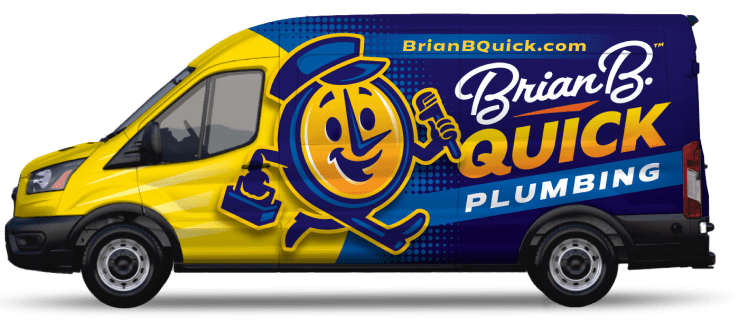
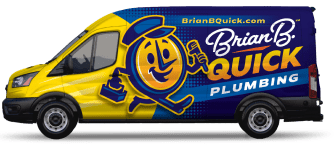
Serving the Washington Metropolitan Area: Potomac, Beltsville, Silver Spring, Washington, DC and Bowie
Serving the Baltimore Metropolitan Area: Gaithersburg, Germantown, Rockville, Baltimore, Ellicott City, Glen Burnie, Columbia, Towson, Dundalk, Pikesville, Middle River, Odenton, and more!

